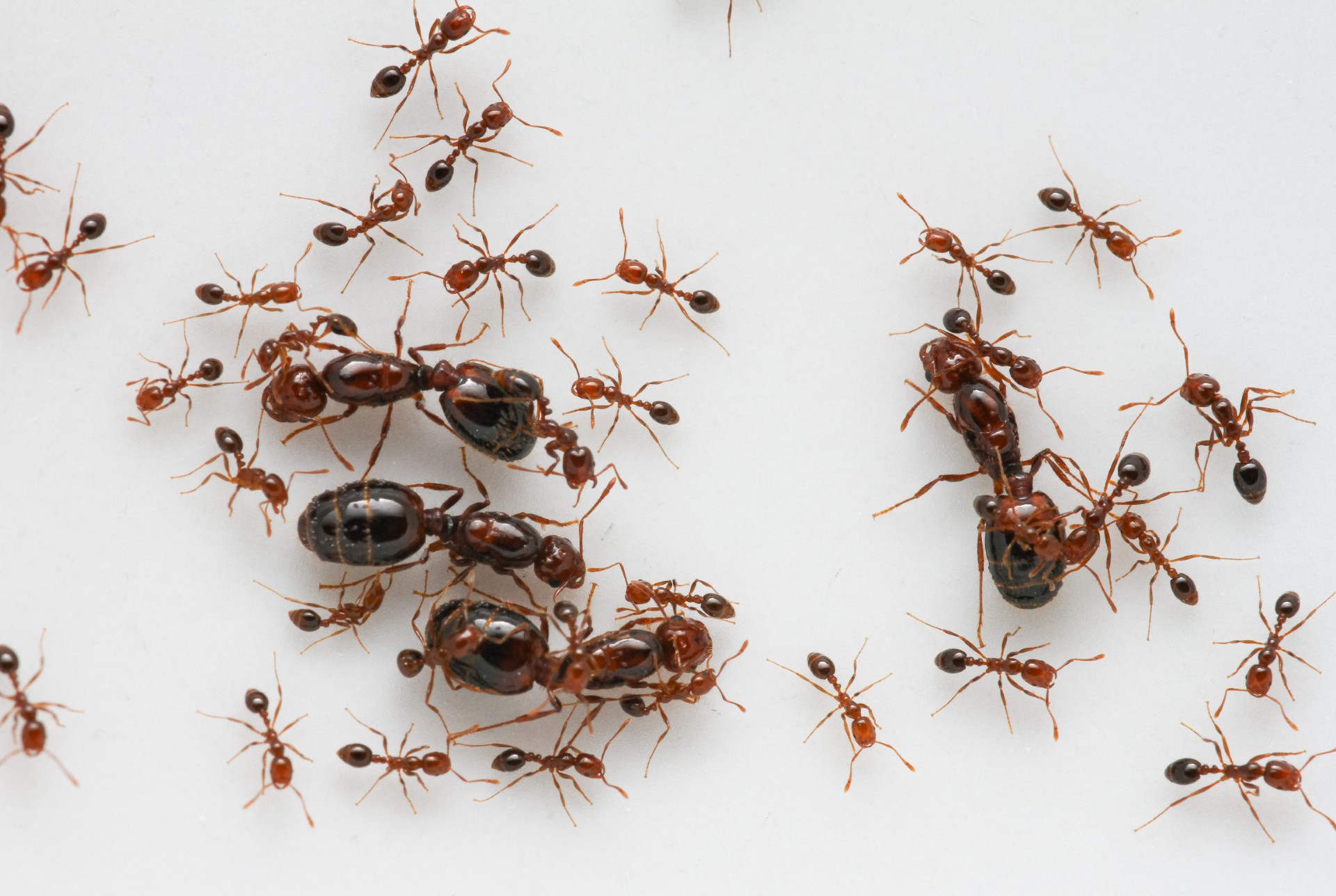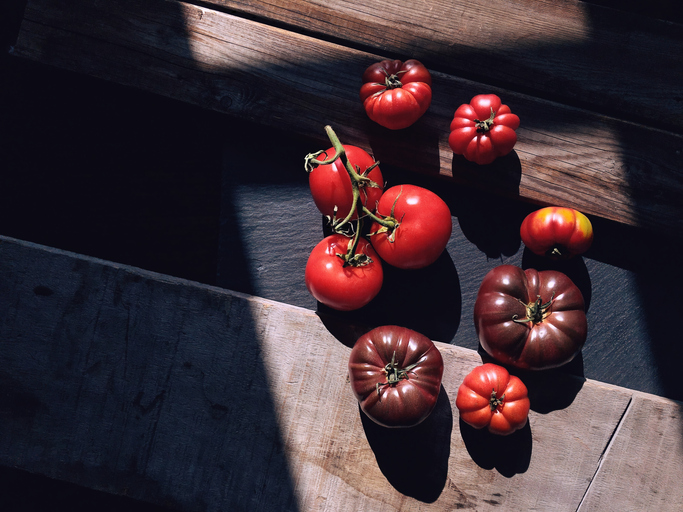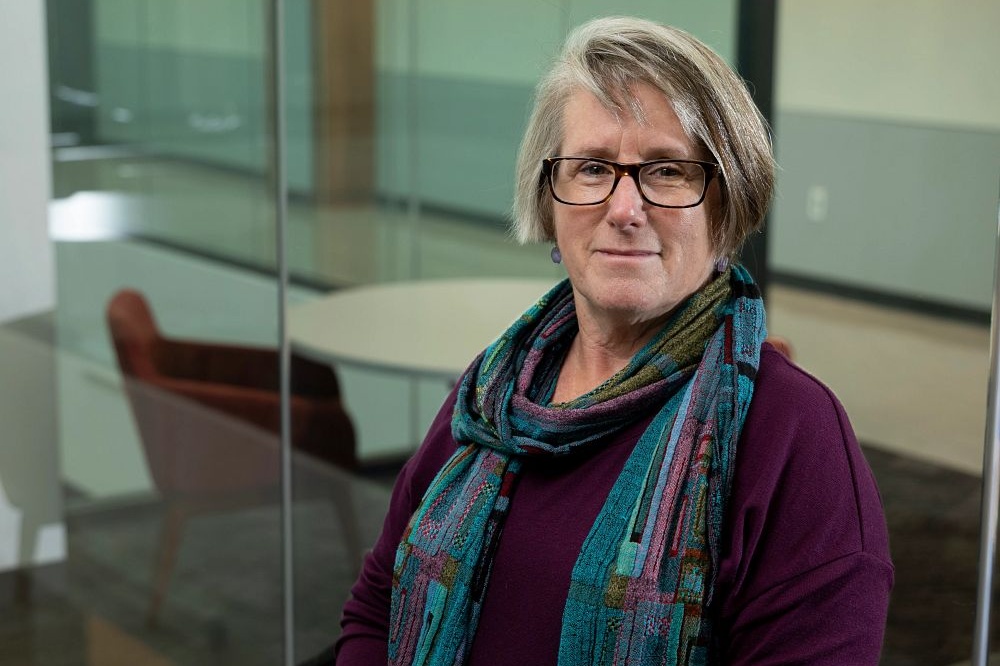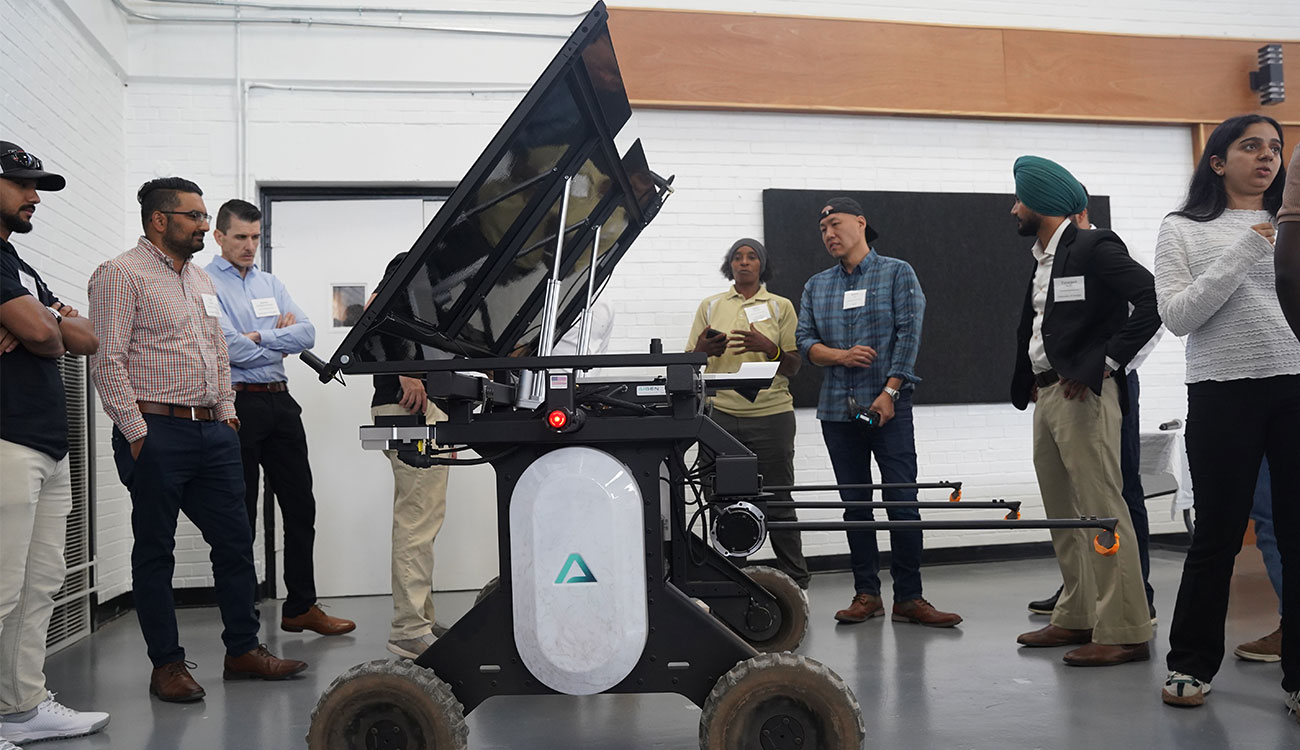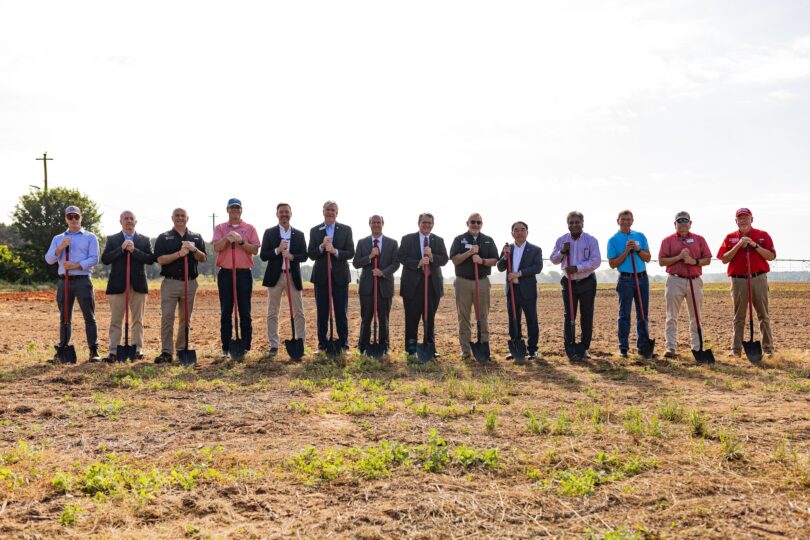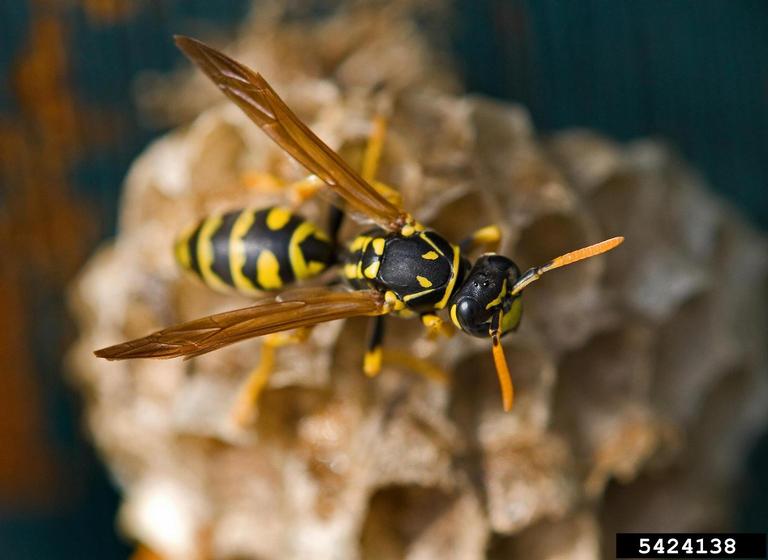 CAES News
CAES News
Stinging Biting Insects
As temperatures warm up and summer approaches, a surge in stinging and biting insects can quickly turn a fun day outside into an itchy, uncomfortable ordeal. Elmer Gray, a research entomologist with the University of Georgia College of Agricultural and Environmental Sciences and specialist for UGA Cooperative Extension, shares insight into the most common insect pests of the season — and how to protect yourself and your family.

